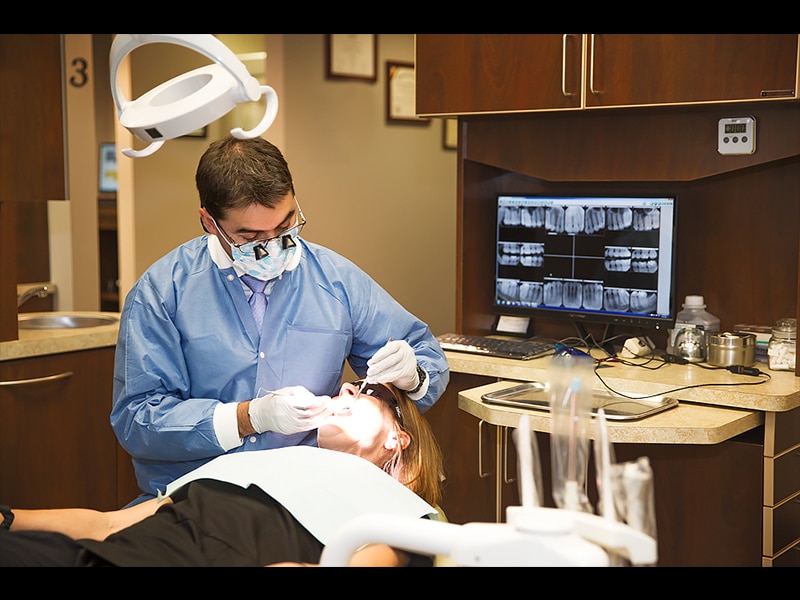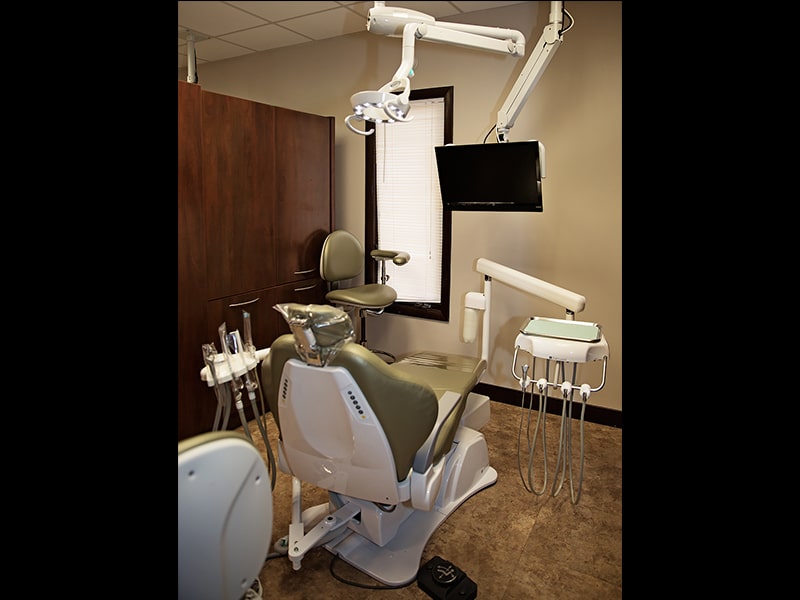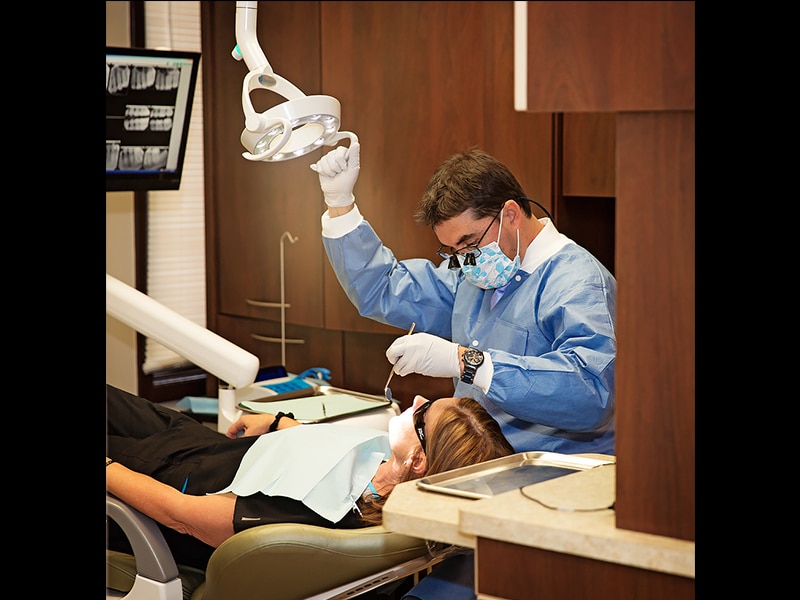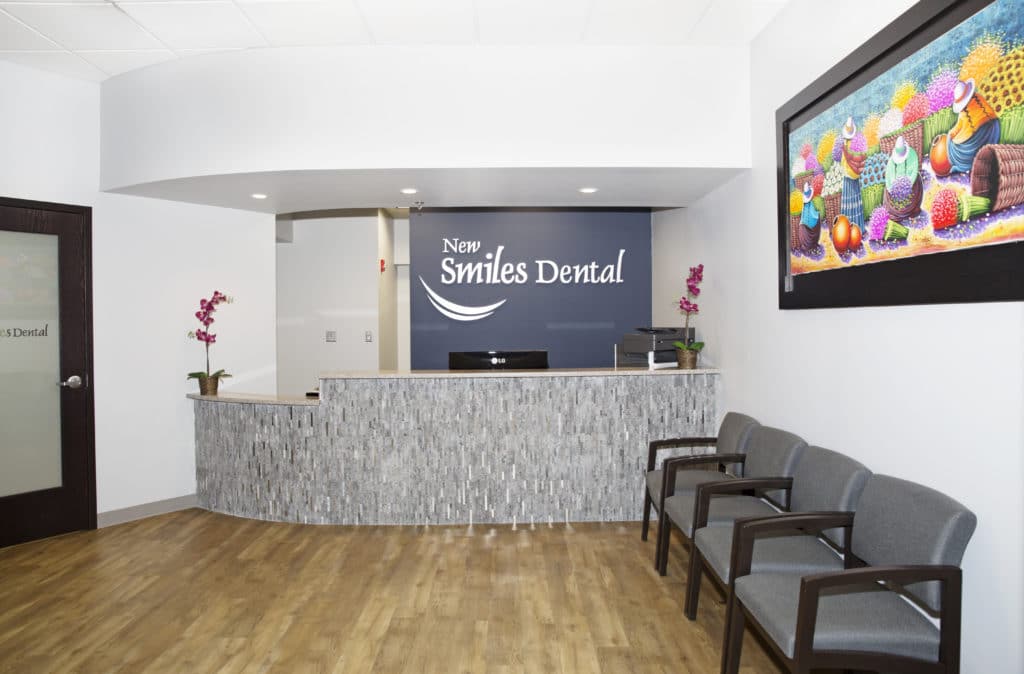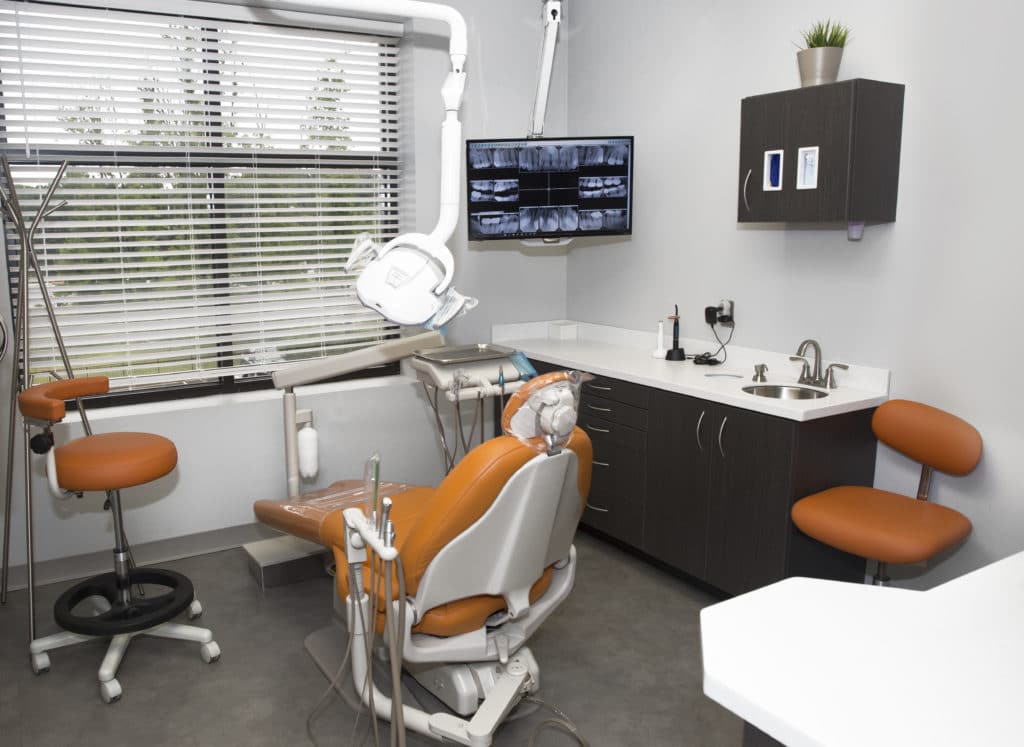 If your dentist has recommended a night guard, you might be wondering if you really need one. Of course, you should discuss this with your dentist, but we can explain why a night guard might have been suggested, and how they work.
If your dentist has recommended a night guard, you might be wondering if you really need one. Of course, you should discuss this with your dentist, but we can explain why a night guard might have been suggested, and how they work.
Why Would my Dentist Recommend a Night Guard?
There are specific reasons that your dentist might recommend a night guard. The two most common reasons are night grinding (also called bruxism) and/or clenching, and TMJ temporomandibular joint) disorders. The two are often confused, but they are separate and distinct dental issues.
In the case of grinding or clenching, you may not even be aware that you are doing this while you sleep. This is a very common behavior that generally occurs when you’re under stress, and many people are unaware of it until they develop pain in their jaw muscles or start noticing chipping or wearing of their teeth. Your dentist would likely suggest a guard if he or she notices the early signs of tooth wear during a checkup, or if you complain of jaw pain. Constant clenching and grinding can cause structural loss. When that happens, vital structures can become exposed, which causes sensitivity (especially to heat and cold). If left untreated, a good deal of the teeth’s structure can be lost, causing bite collapse. Grinding is also the leading cause of the need for a root canal.
Another very important reason your dentist might tell you to use a night guard is TMJ. The temporomandibular joint is located on both sides of the jaw bone, and it holds the upper- and lower-jaw together, as well as allowing for jaw movement. If you are suffering from a TMJ disorder, you will likely be experiencing pain in those joints and find it somewhat difficult to move the jaw.
Many patients with a long history of night grinding may mistake their symptoms for a TMJ disorder, which is why it is important to discuss your symptoms with your dentist so that he or she can determine the best course of treatment. This often means wearing a night guard.
What is a Night Guard?
A night guard is used for grinding and clenching. It is an acrylic or plastic device that is fitted over the upper, and sometimes lower, teeth, and serves as a cushion to prevent wear and chipping.
A night guard for TMJ disorders serves a different function. Also referred to as a splint, a TMJ night guard helps to elevate the bite and realign the jaw, thus helping to relieve symptoms. These guards are custom-fit to the patient and may require several adjustments in order to ensure proper fit and functionality.
It is important to thoroughly discuss with your dental professional why they have suggested a night guard, and why it is important to have it fitted by a dentist. There are cheaper options, but having a properly fitted guard will prevent tooth loss and discoloration, the need for root canals, and help to alleviate chronic jaw pain and sleep disruption.




